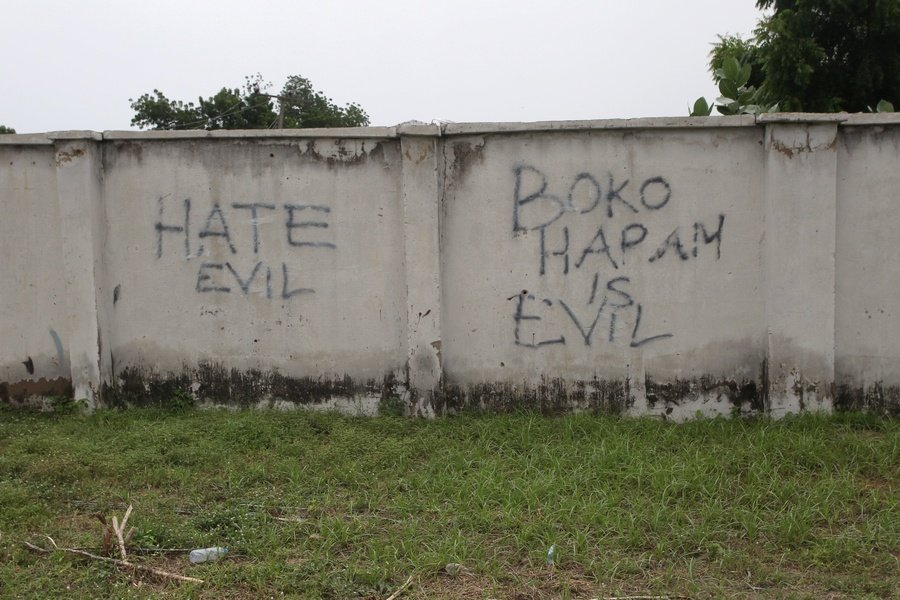Boko Haram, the jihadi insurrection associated with some 350,000 deaths since 2009 in northeast Nigeria, was characterized by factions—conflict among which was bloody—though at times they appear to have cooperated tactically. Now, the faction associated with the self-proclaimed Islamic State (IS), the Islamic State in West Africa (ISWA), is claiming to have incorporated the followers of the rival faction led by Abubakar Shekau. (Two months ago, Shekau died, apparently after committing suicide in a standoff with ISWA.) In a video produced by IS’s official media arm, ISWA claims that hundreds of Shekau’s followers have sworn allegiance to it. It is also predicting more mayhem: “we will unite together to fight the unbelievers. What will happen now will by far exceed what transpired in the past now that we are united.”
Broadly speaking, the jihadi factions operating in northern Nigeria have had the same goals: the destruction of the Nigerian state and the establishment of an Islamist polity similar to the defunct IS caliphate in Iraq and Syria. Nevertheless, factions have been characterized by leadership struggles and a kaleidoscope of alliances with criminal elements involved with kidnapping, narcotics, and weapons smuggling—as well as growing gold production in the Sahel. By 2021, the leading factions, at least in terms of media attention, have been ISWA and the followers of Abubakar Shekau. ISWA is headed by Abu Musab al-Barnawi, purportedly the son of the Mohammed Yusuf—the founder of Boko Haram whose shooting by police radicalized the movement—while Shekau claimed to be the founder’s designated heir.
Within an evil stew of personal rivalries and struggles for turf, a difference between Shekau and ISWA was that the former had a broad view of what constituted apostacy from Islam. Shekau (and others) argued that apostates deserve to die, and most of Shekau’s victims were Muslims: Shekau’s followers used suicide bombers and other tactics to kill civilians in public places. ISWA has taken a narrower view of what constitutes apostasy, and it claims that most of its victims have been soldiers, police, and other participants in the secular state. In a sign that ISWA has prevailed, of late killings of soldiers, police, and others associated with the state have continued while civilian deaths have declined. However, ISWA claims should not be taken at face value, and relations among jihadi factions remain murky, to say the least. What can be said is that they appear to control most of the roads and much of the countryside in the northeast, with government forces restricted to fortified encampments and large urban areas.

